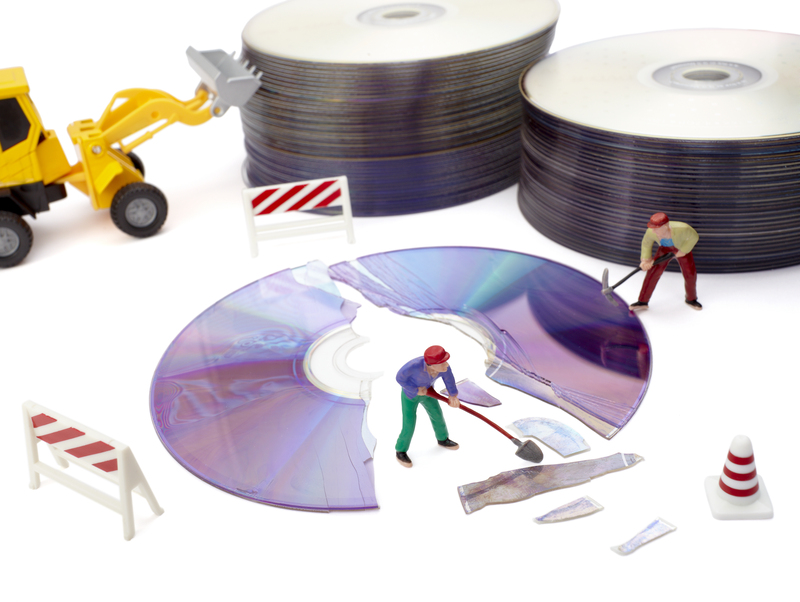
Creating a Cleaner Business Environment with Waste Collection
In today's world, the importance of maintaining a clean and sustainable environment cannot be overstated. Businesses play a crucial role in waste management, and efficient waste collection practices can significantly enhance a company's reputation, operational efficiency, and environmental impact. This article explores various strategies for cultivating a cleaner business environment by leveraging effective waste collection techniques.
The Importance of Efficient Waste Management
Proper waste management ensures the cleanliness of the workplace, facilitates organizational efficiency, and reduces the environmental footprint of a company. As businesses strive to meet ethical standards and regulatory requirements, implementing comprehensive waste collection strategies has become increasingly critical. Let's delve into why waste management is vital for businesses:
- Environmental Sustainability: Proper waste collection and disposal help in reducing pollution and conserving resources, which directly contributes to a greener planet.
- Regulatory Compliance: Adhering to waste management laws and regulations is essential for avoiding fines and legal issues.
- Reputation Management: Companies that prioritize cleanliness and sustainability are often viewed more favorably by consumers, which can boost brand reputation.
- Cost Efficiency: Effective waste management can also result in cost savings through reduced waste disposal fees and increased recycling efforts.
Strategies for Effective Waste Collection
Conducting a Waste Audit
To establish a robust waste collection system, businesses must first understand the types and volumes of waste they generate. A waste audit involves assessing the waste streams and identifying the potential for waste reduction and recycling. This assessment provides the information necessary to refine current practices and design targeted waste collection programs.
Implementing a Segregation System
One of the key aspects of efficient waste management is waste segregation. Businesses should implement a clear system for separating recyclables, compostables, and non-recyclables. Segregation makes the waste collection process more organized and supports recycling efforts by ensuring only suitable materials are processed.
Providing Training and Awareness Programs
Employees need to understand the importance of waste management and how their actions contribute to the company's sustainability goals. Providing regular training sessions and awareness programs can significantly enhance employee participation in waste collection initiatives. Highlighting the positive impacts of their efforts encourages ongoing engagement and ensures the system's success.
Technological Solutions in Waste Collection
The advancement of technology provides businesses with innovative solutions for both minimizing waste and improving waste collection practices. Consider integrating these technologies into your waste management strategy:
Smart Trash Bins
Smart trash bins equipped with sensors can monitor waste levels and optimize collection routes. These bins reduce unnecessary pickups and help in managing waste more efficiently by notifying staff when they are approaching capacity. This technology not only streamlines the waste collection process but also helps in reducing operational costs.
Waste Management Software
Implementing waste management software allows businesses to track waste generation, identify patterns, and optimize waste collection schedules. These tools provide insights and reports that are invaluable in refining waste management strategies, leading to improved environmental outcomes.
Partnership with Professional Waste Collection Services
Collaborating with professional waste collection services can enhance the efficiency and effectiveness of your company's waste management strategy. These services bring expertise, equipment, and experience to ensure compliance with waste management regulations and highlight potential areas for improvement.
Selecting the Right Waste Collection Partner
When choosing a waste collection service, consider the following factors:
- Experience and Expertise: Select a provider with a proven track record in waste management.
- Service Offerings: Choose a partner that offers comprehensive services, including recycling and hazardous waste disposal.
- Environmental Credentials: Ensure the provider follows sustainable practices.
- Customization: The ability to tailor services to your specific business needs is invaluable.
Sustaining a Cleaner Business Environment
Establishing an effective waste collection program is just the beginning. A long-term focus on sustainability involves continuous evaluation and improvement of waste management practices. Encourage a culture of environmental responsibility by setting sustainability goals and rewarding employees for their contributions towards these goals.
Conclusion
Creating a cleaner business environment through strategic waste collection efforts not only benefits the environment but also enhances the overall operational efficiency and image of your company. By conducting waste audits, employing innovative technologies, and partnering with professional waste management services, businesses can commit to sustainable practices and harness the benefits of a cleaner, more responsible operational model.
